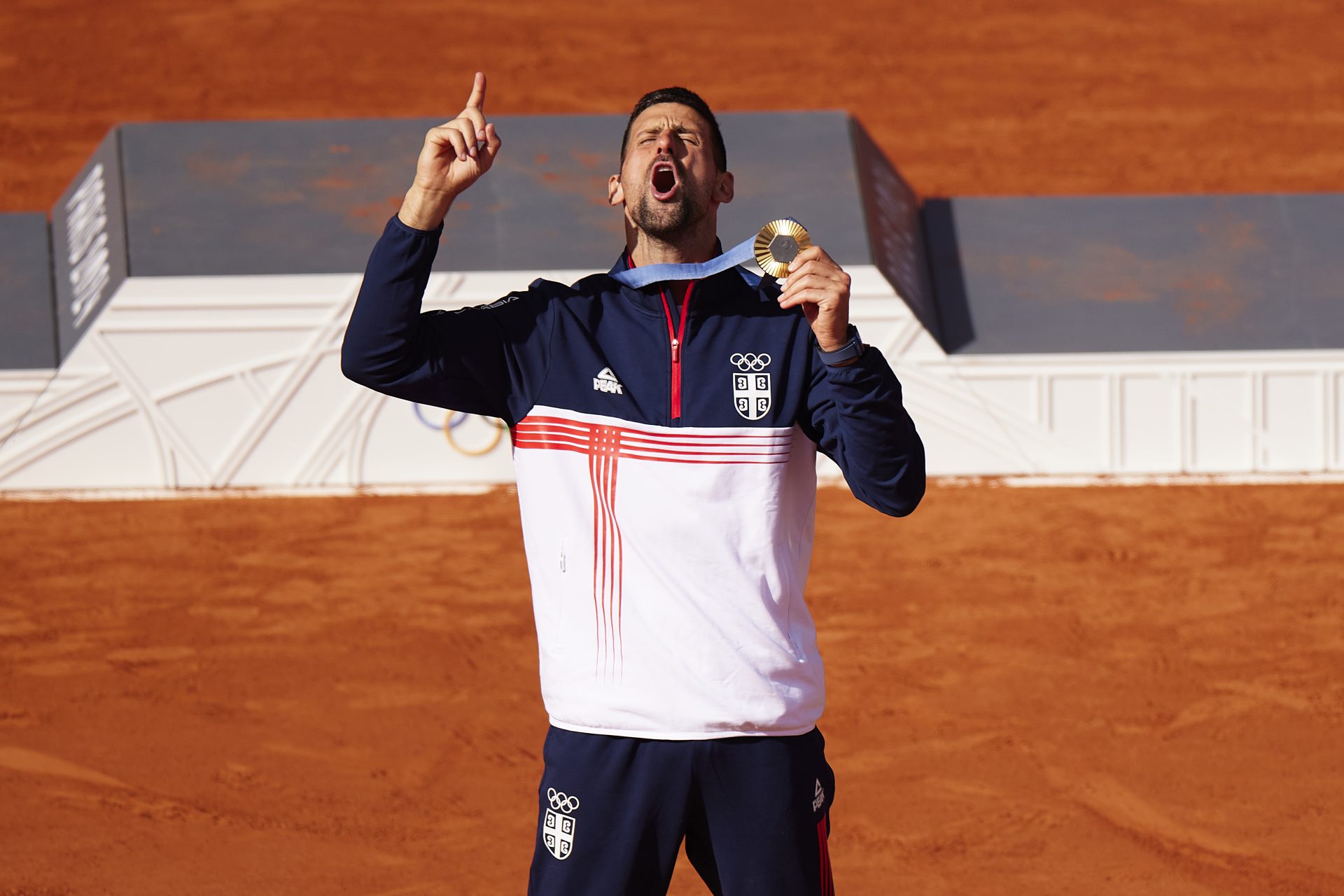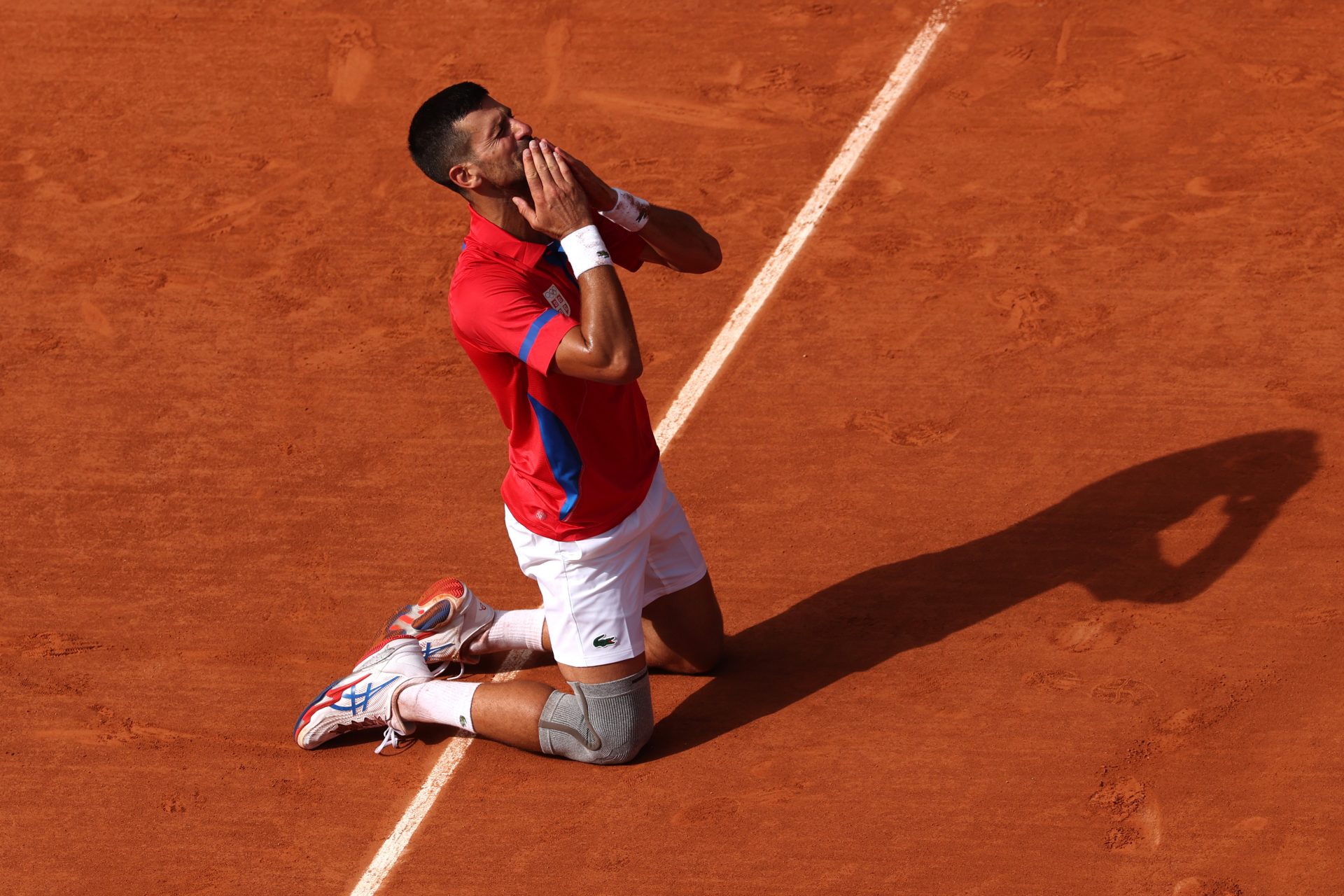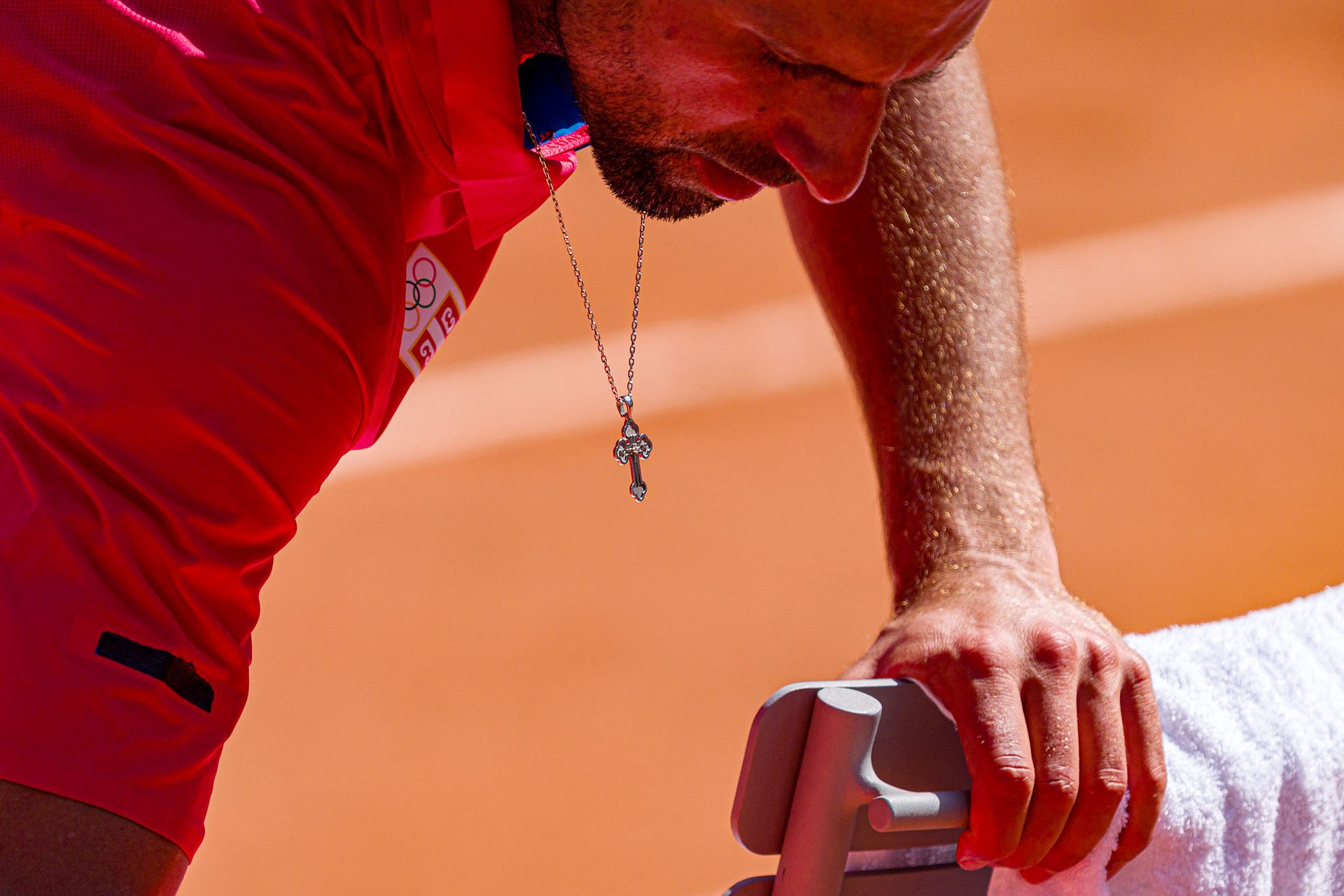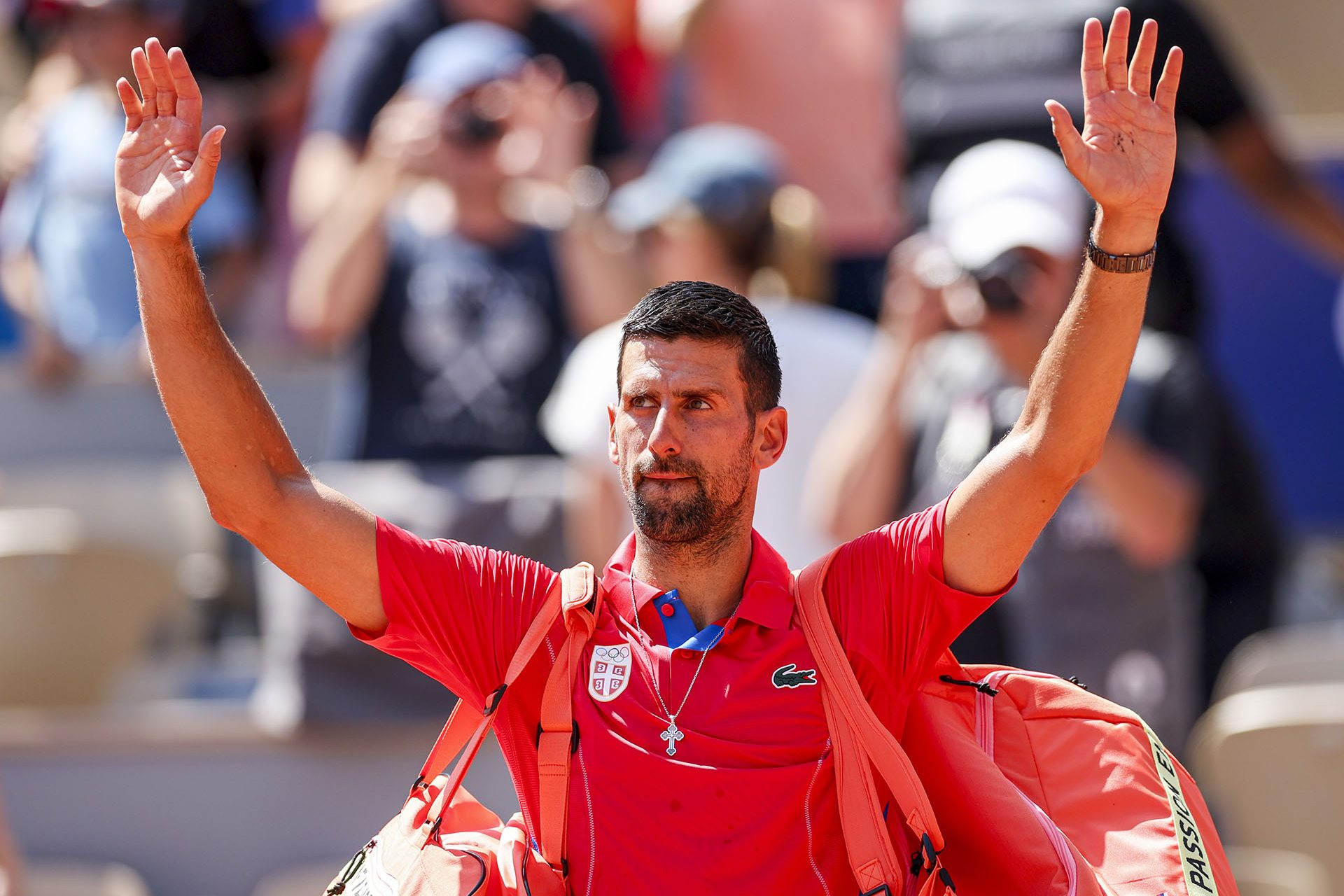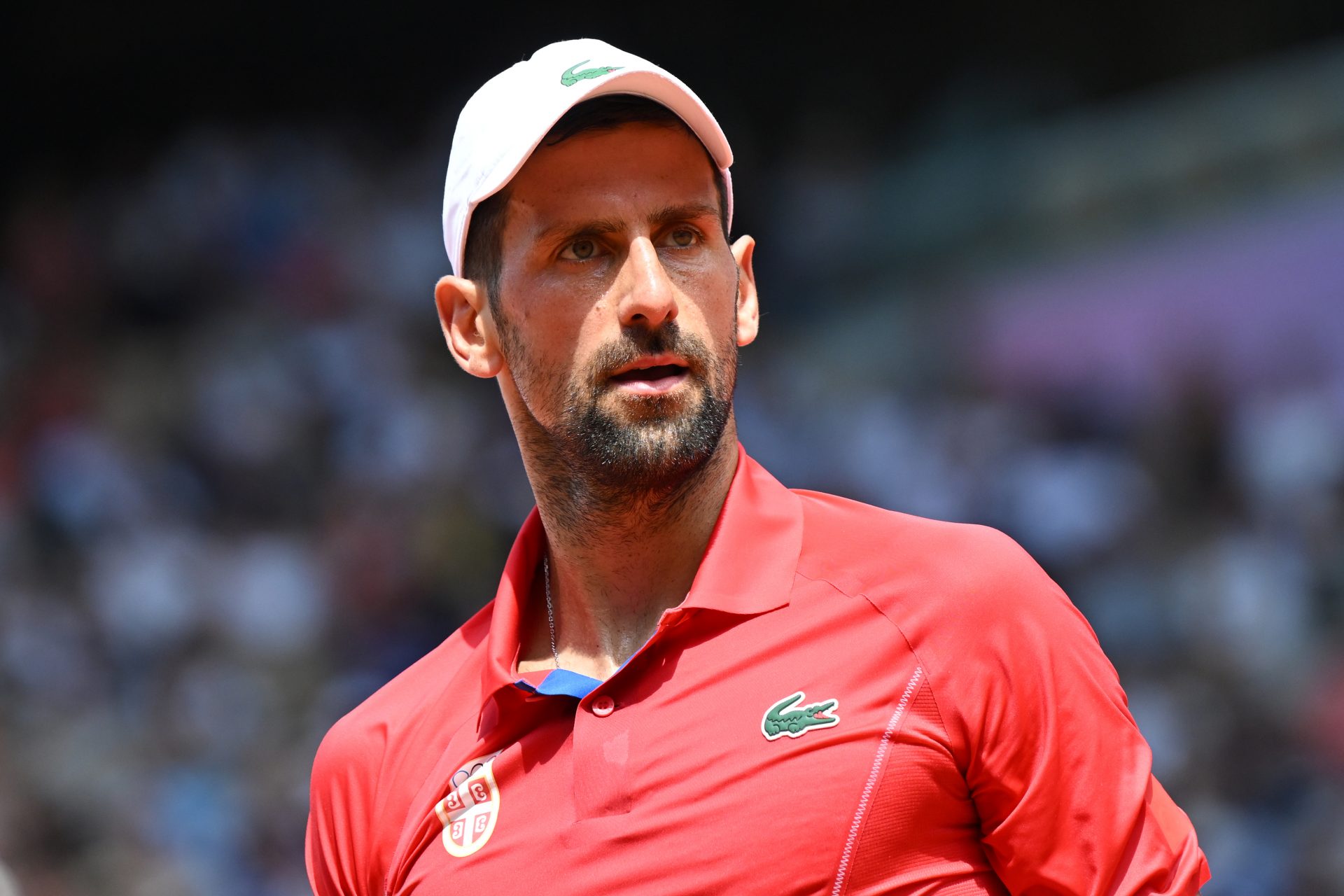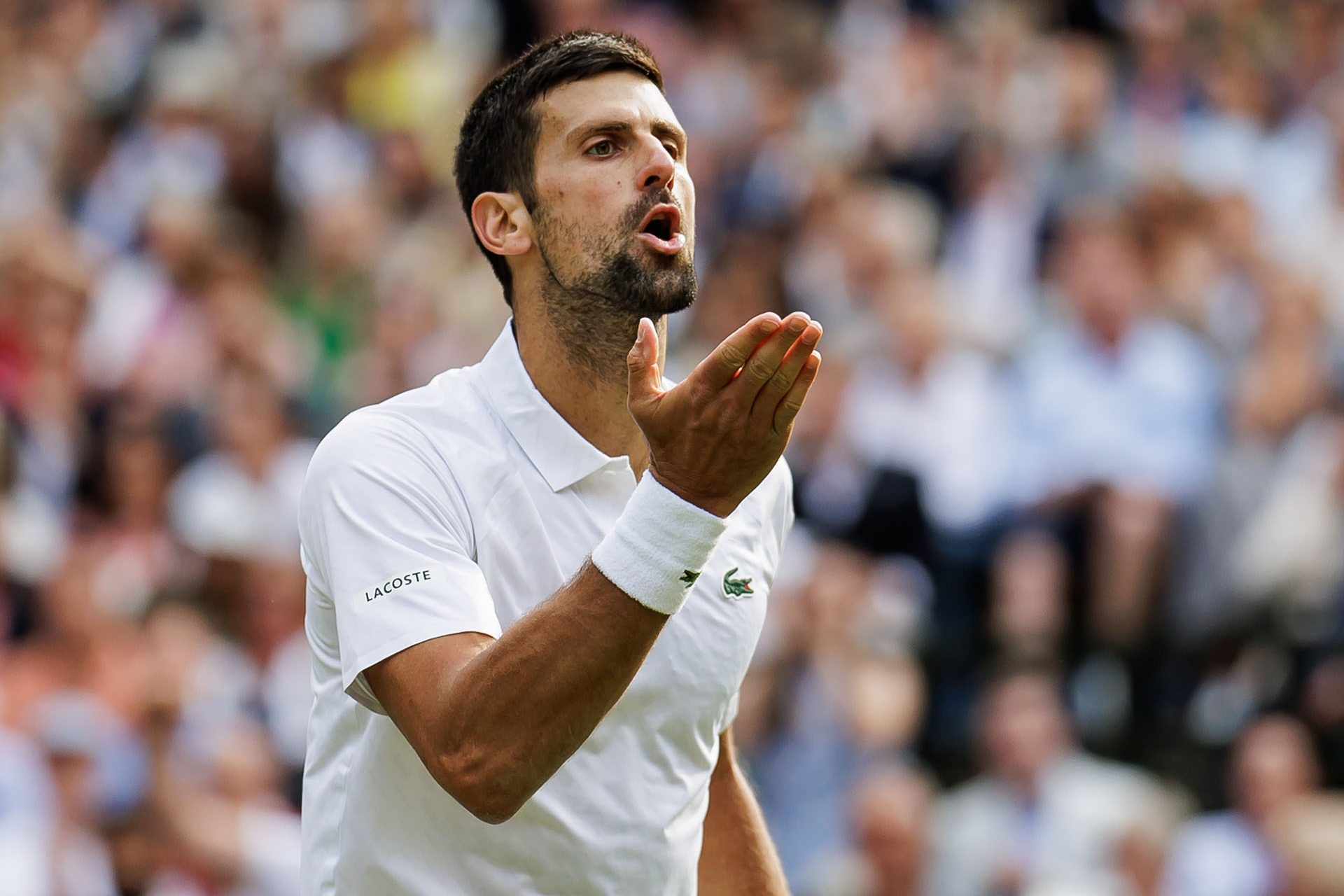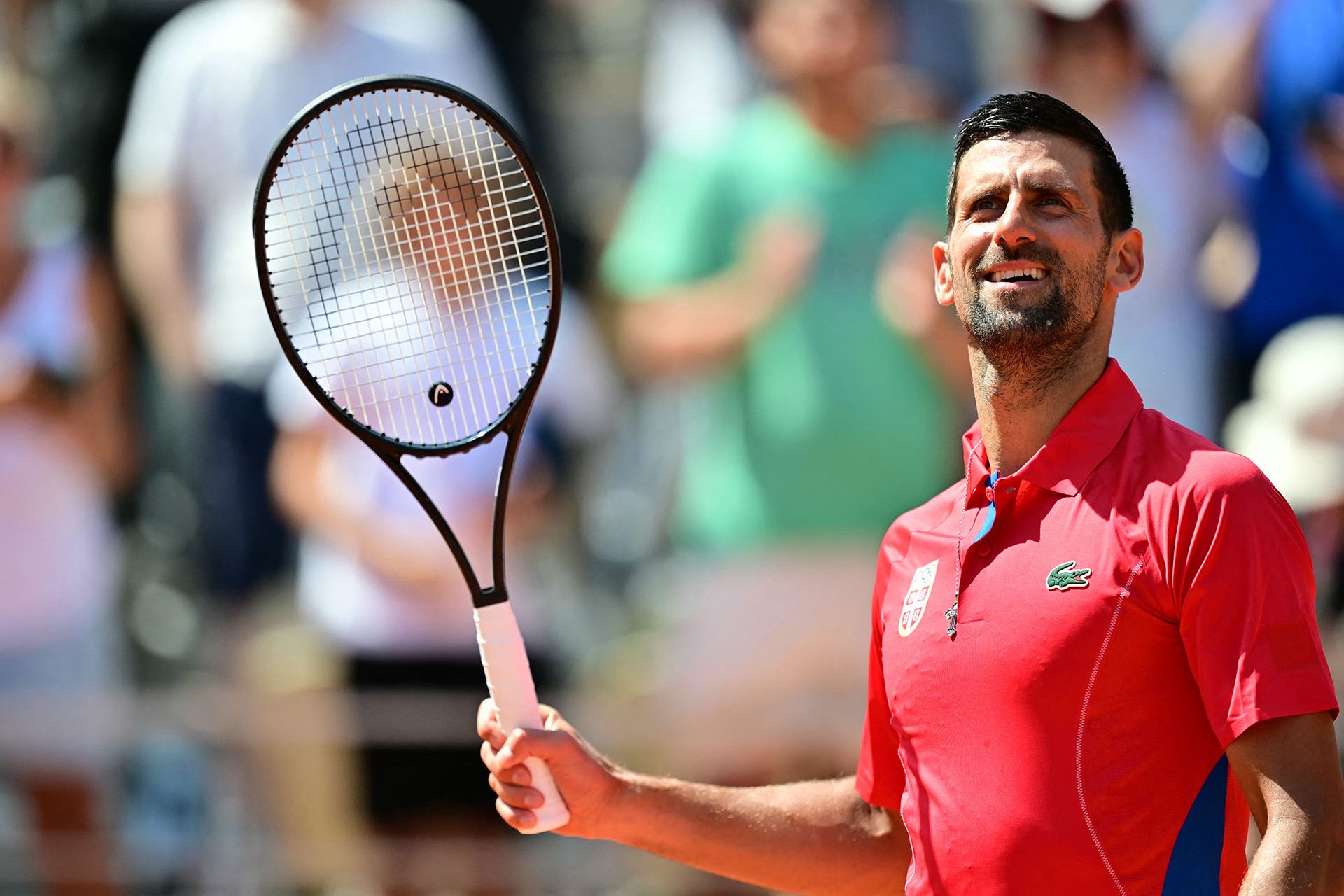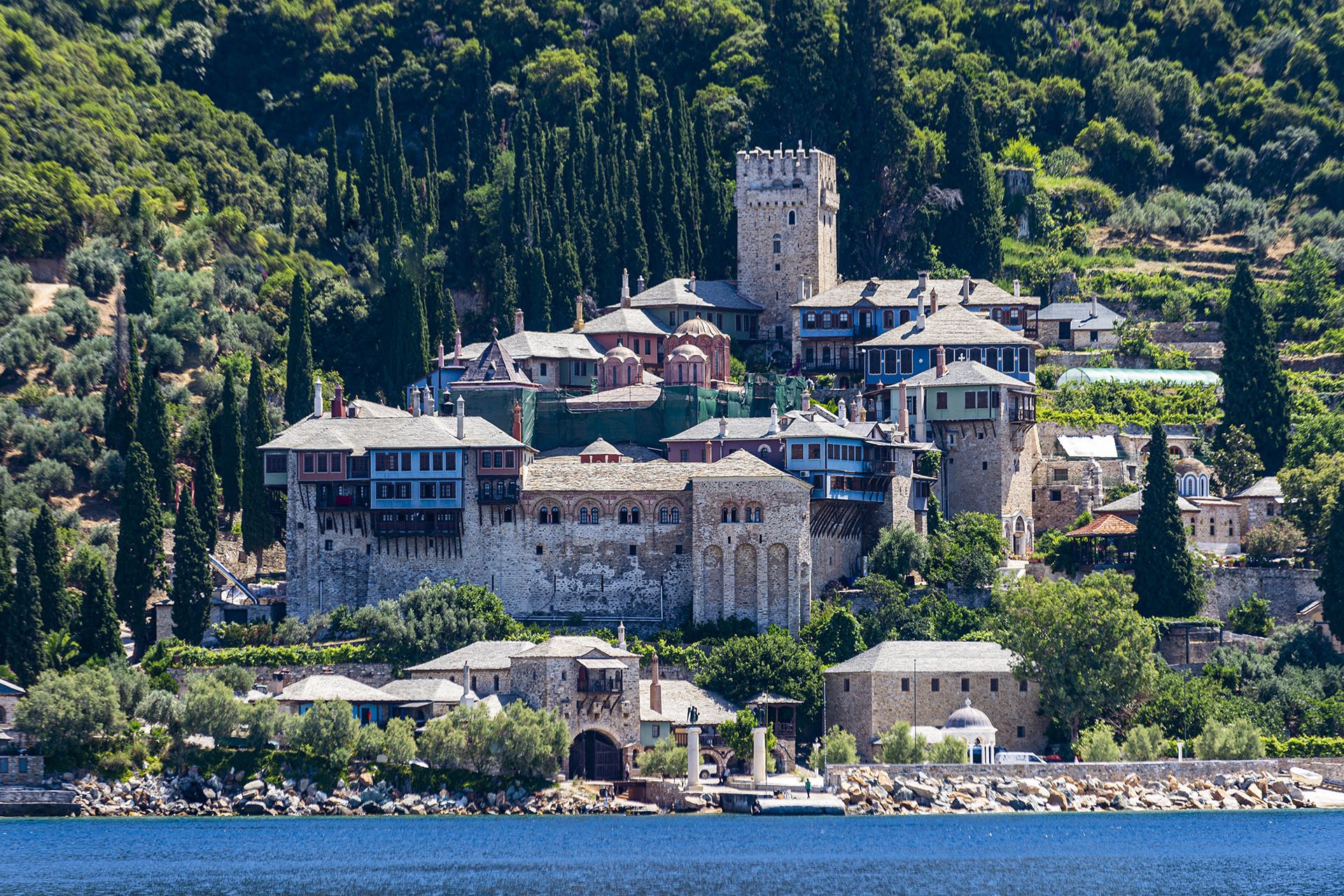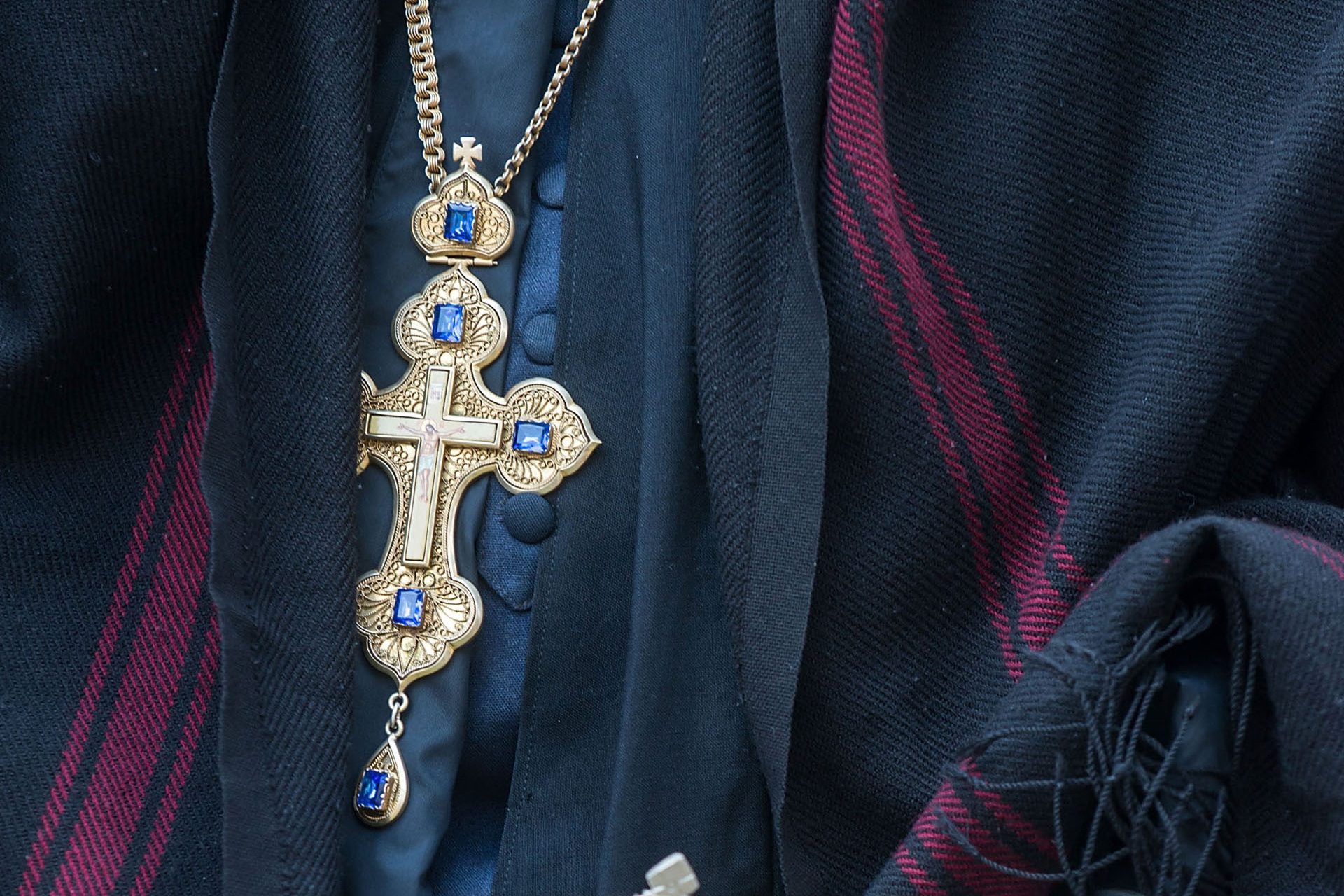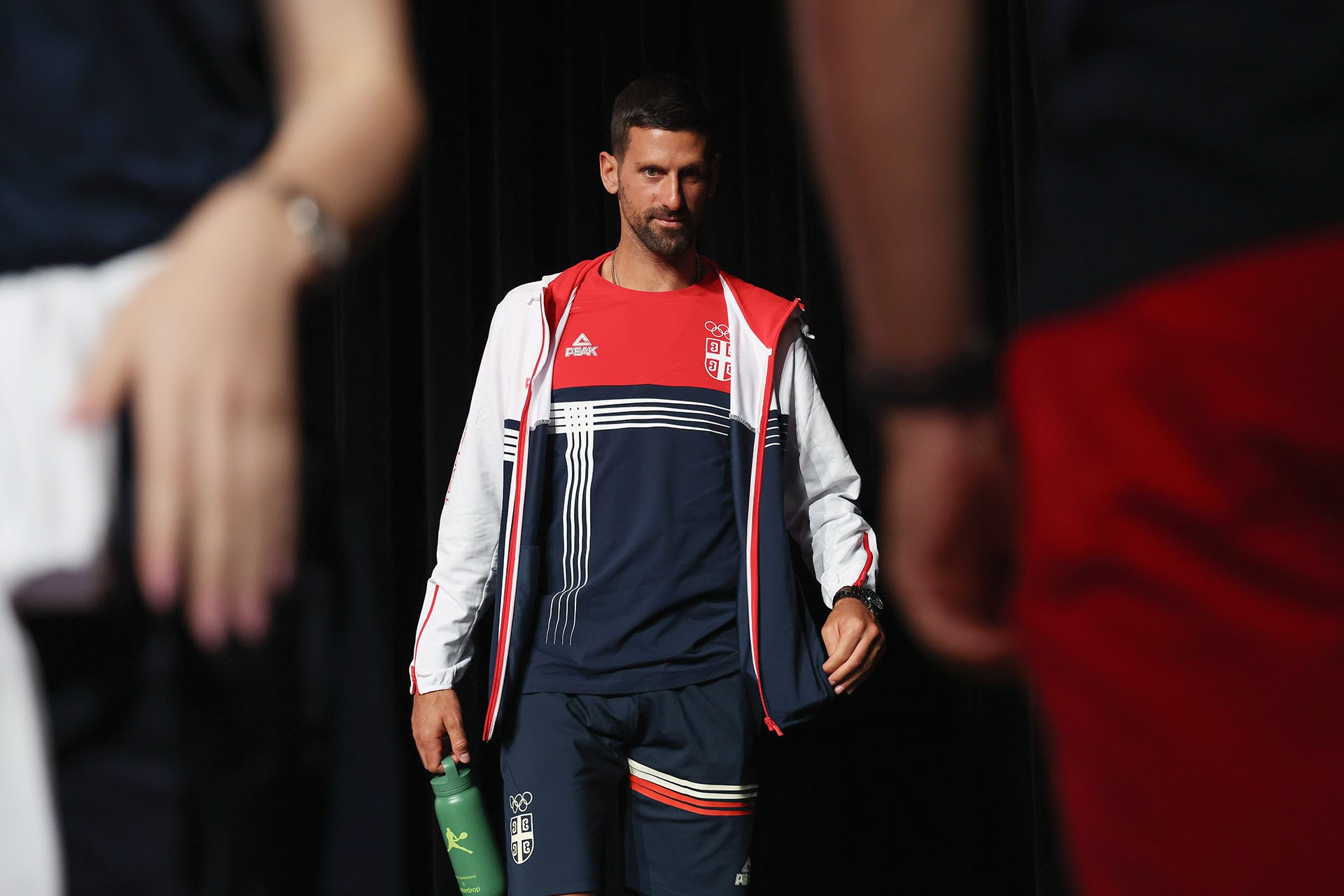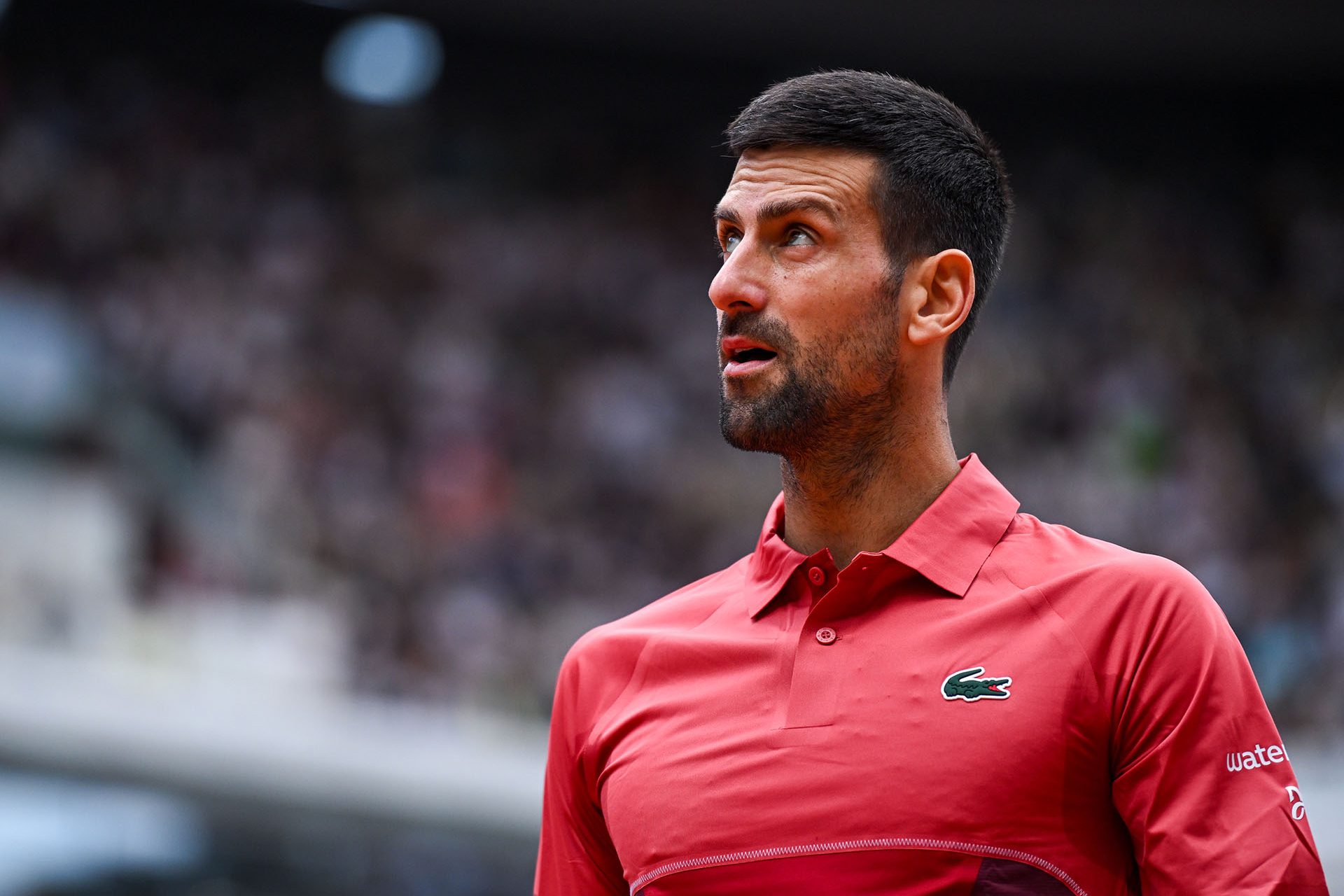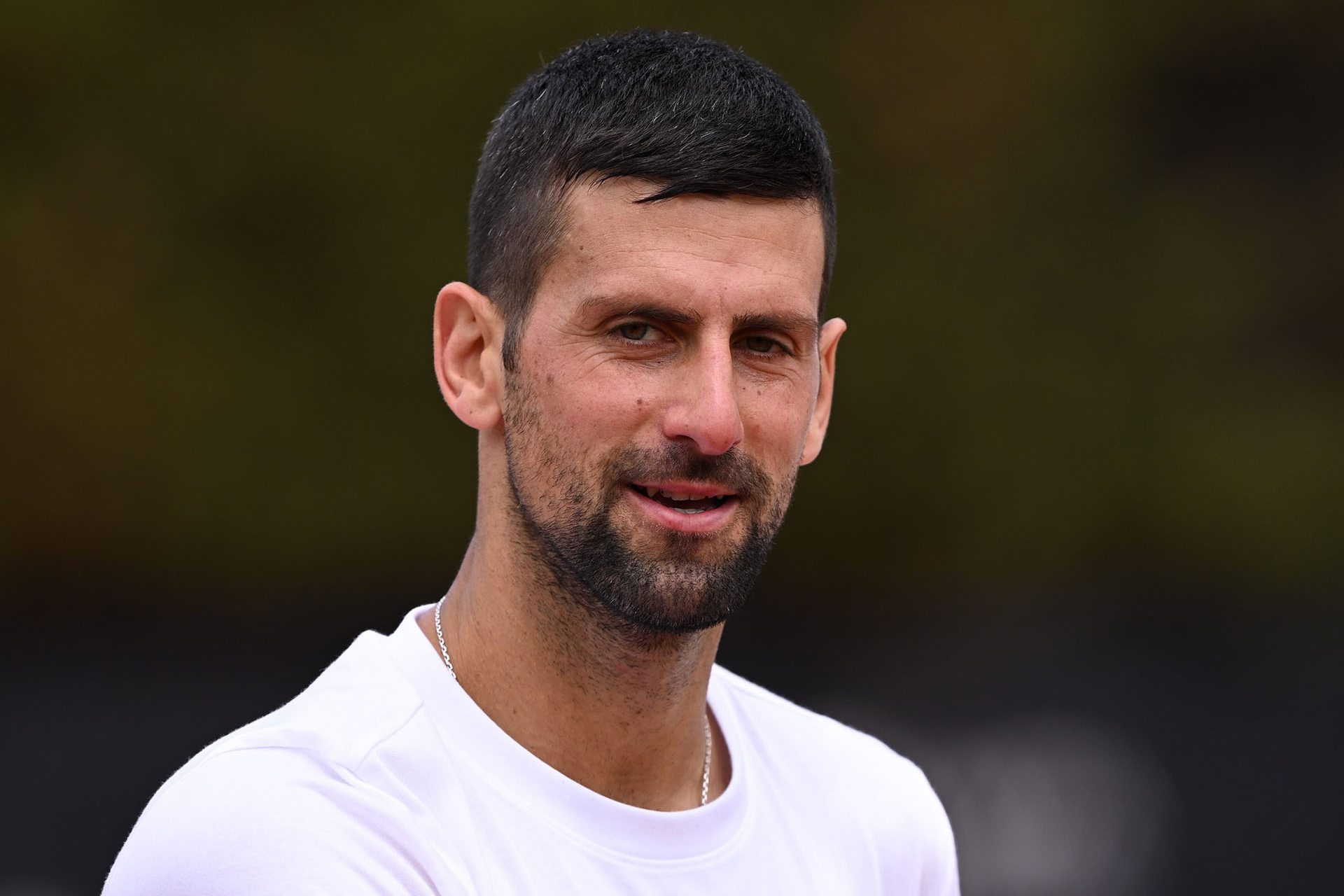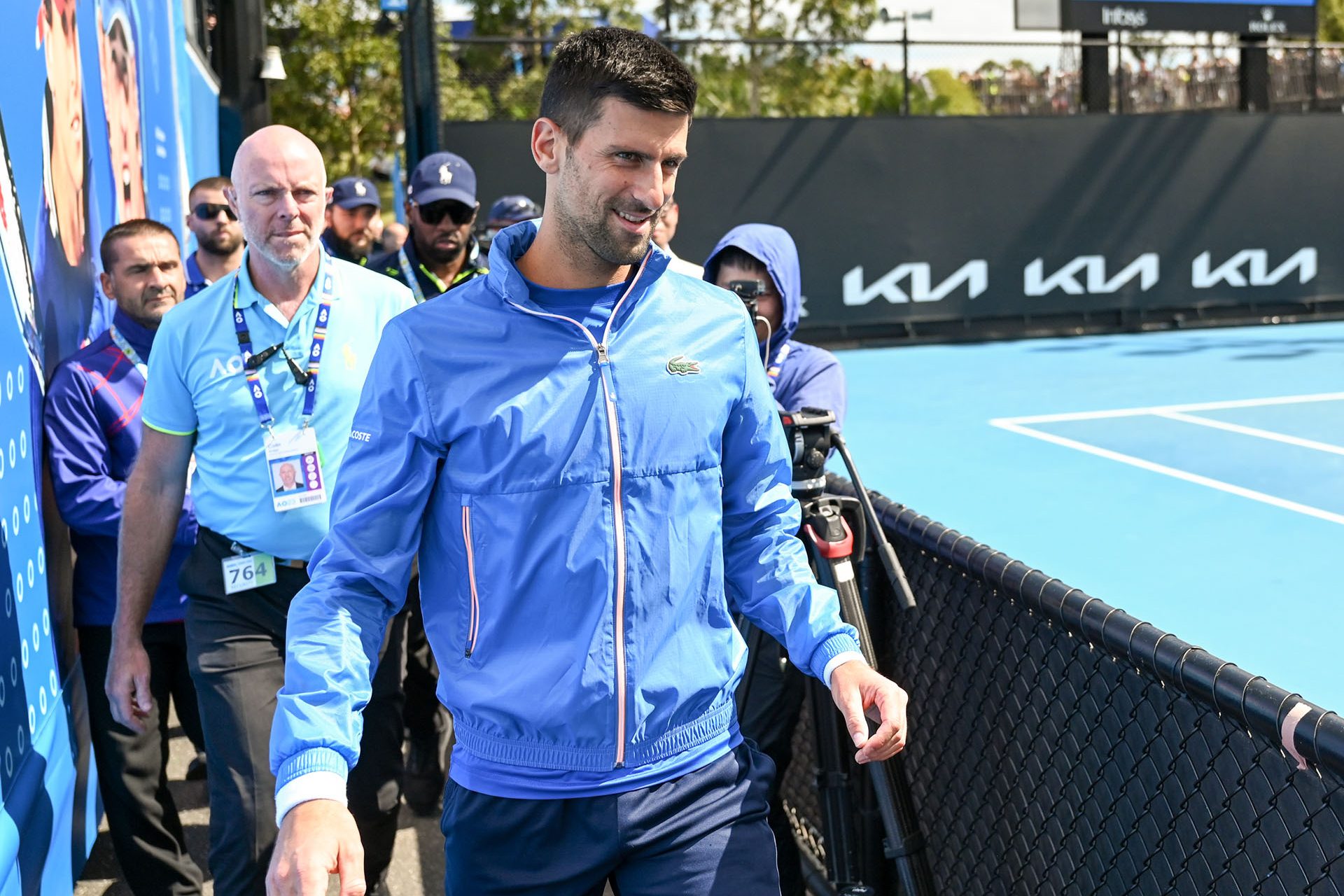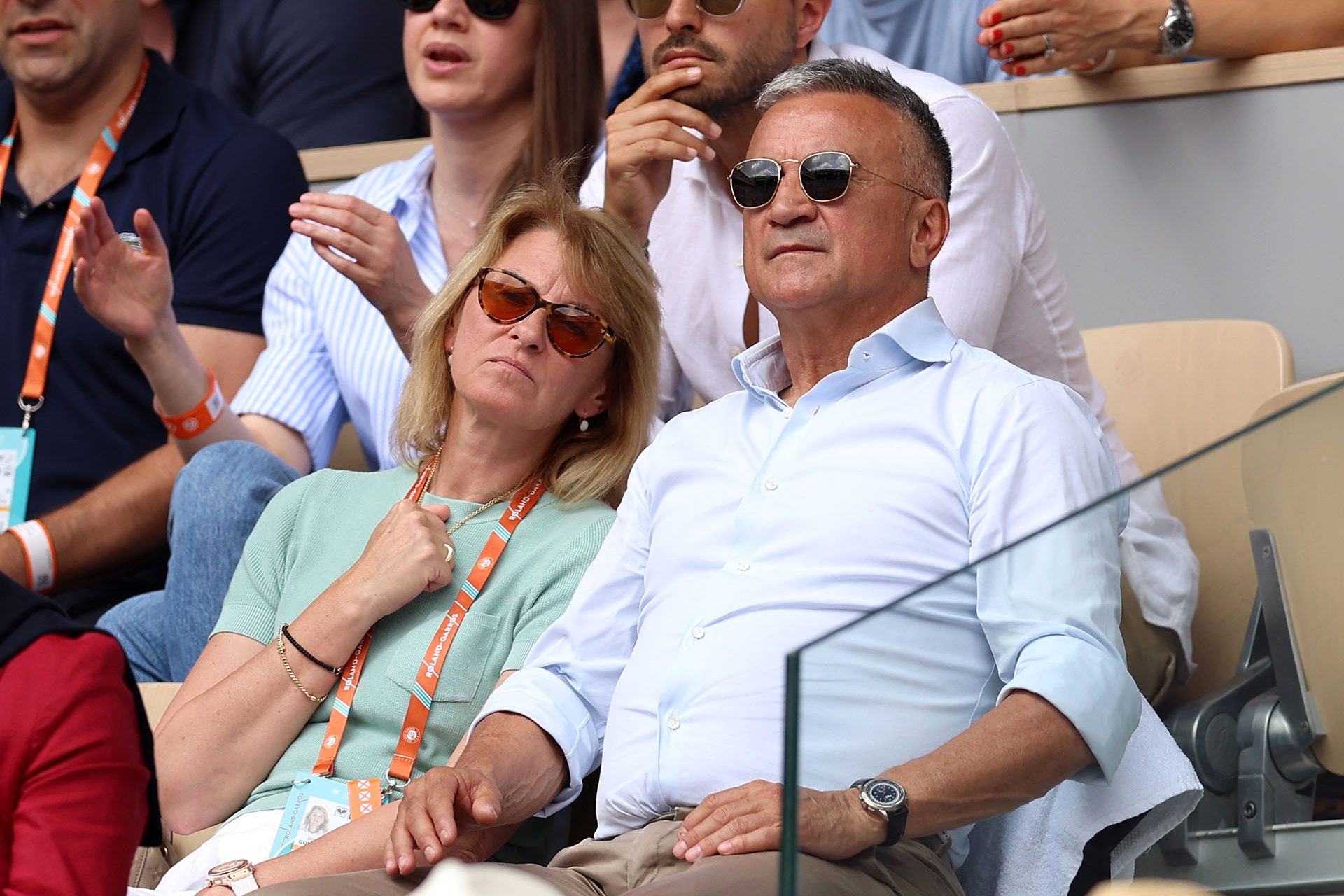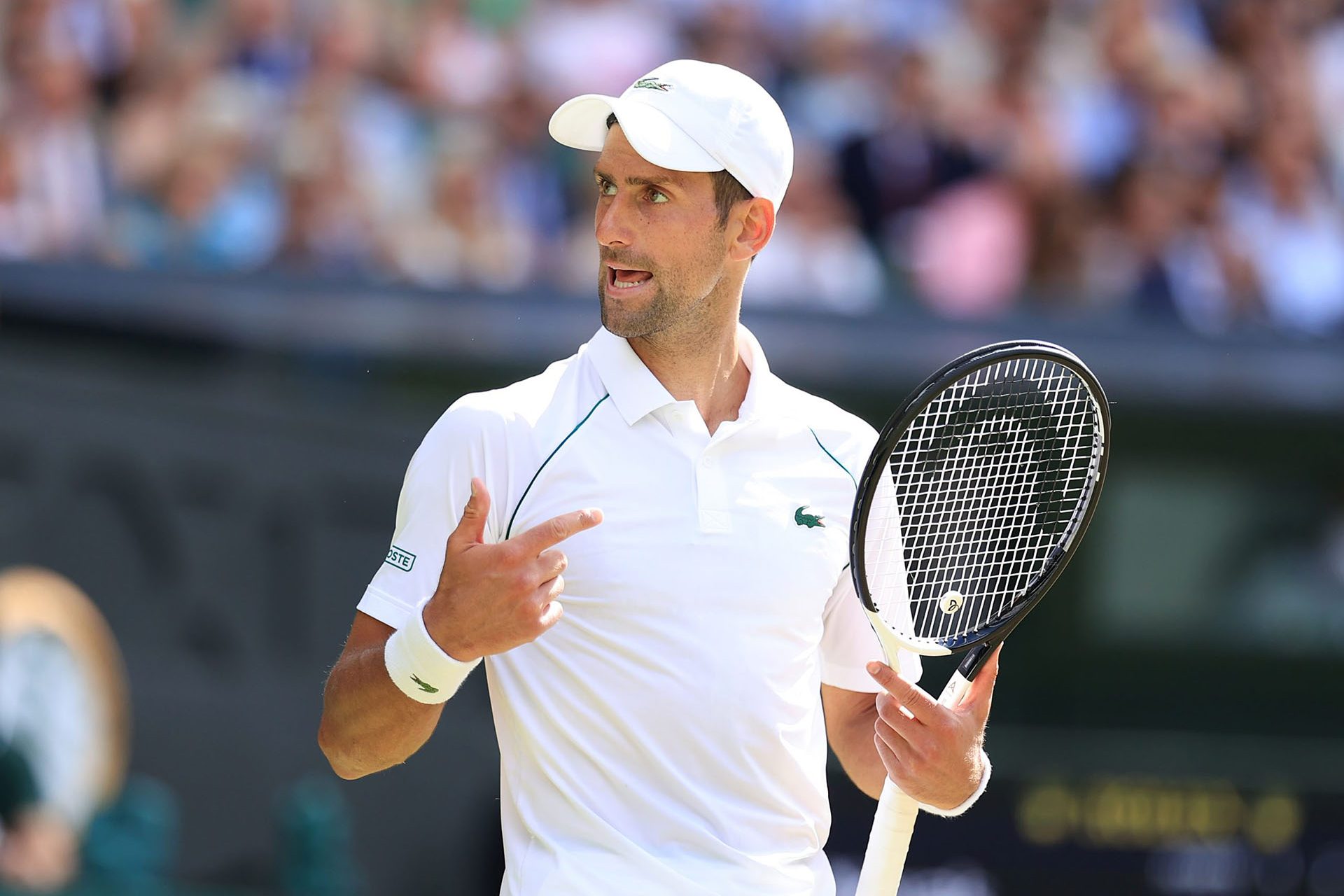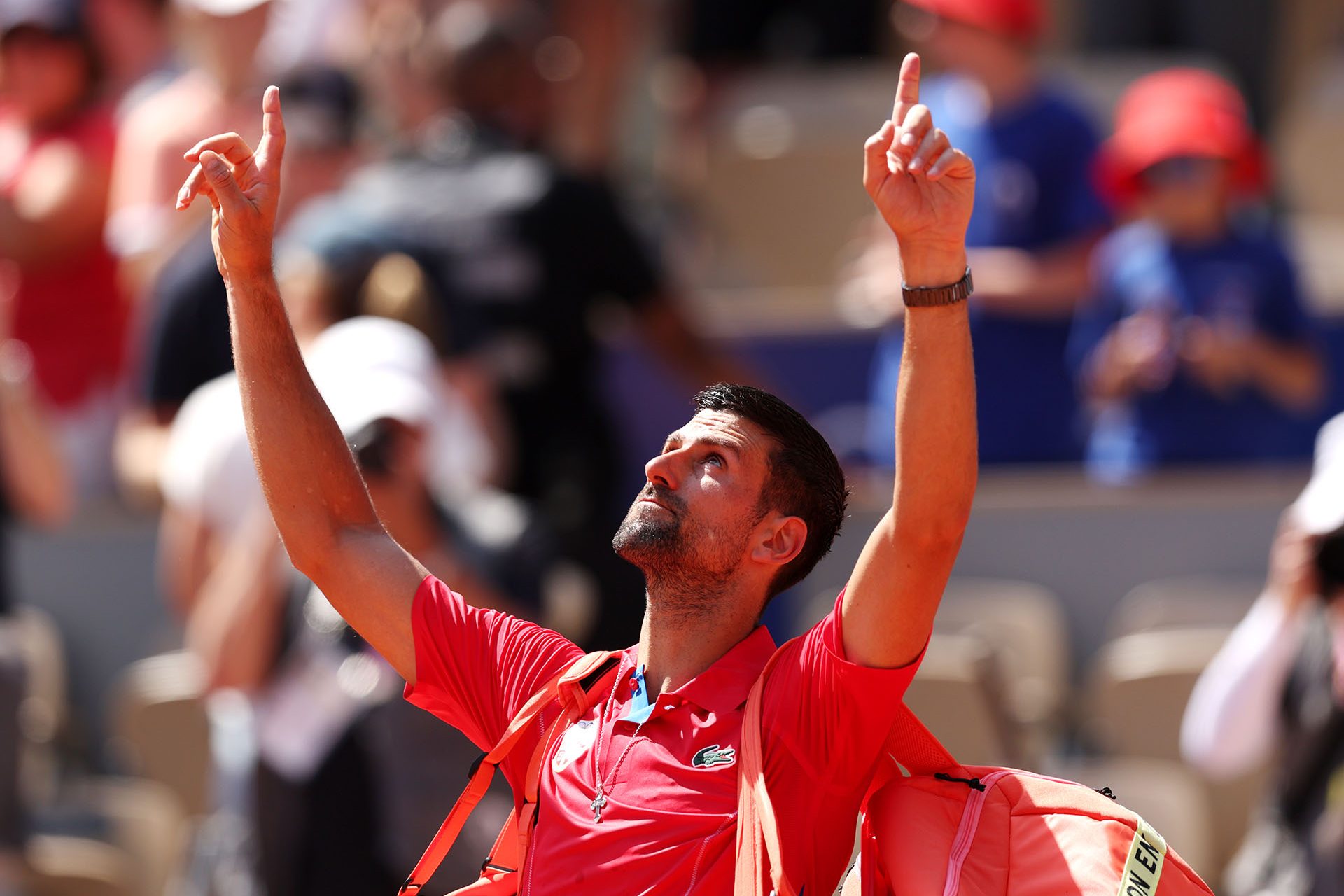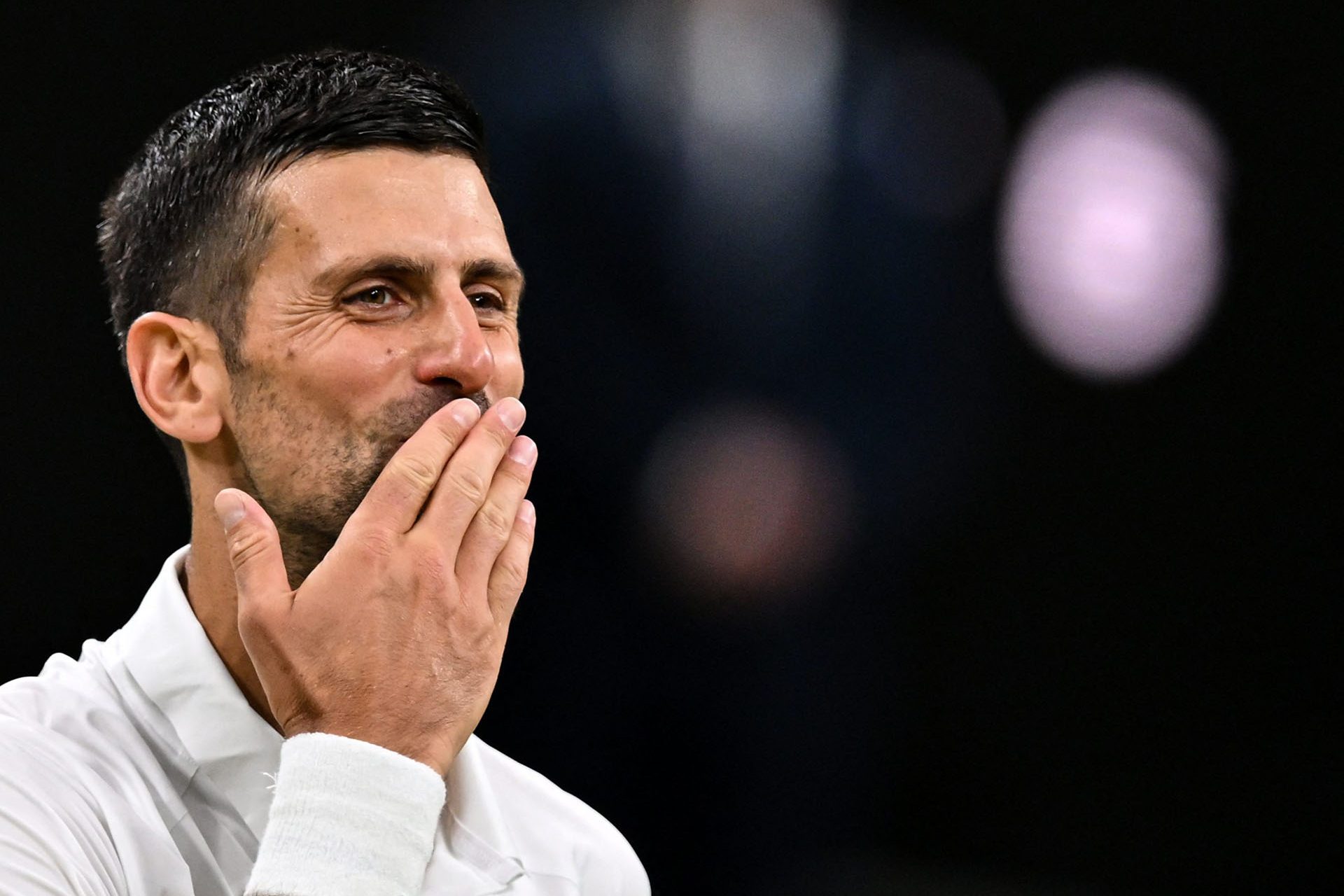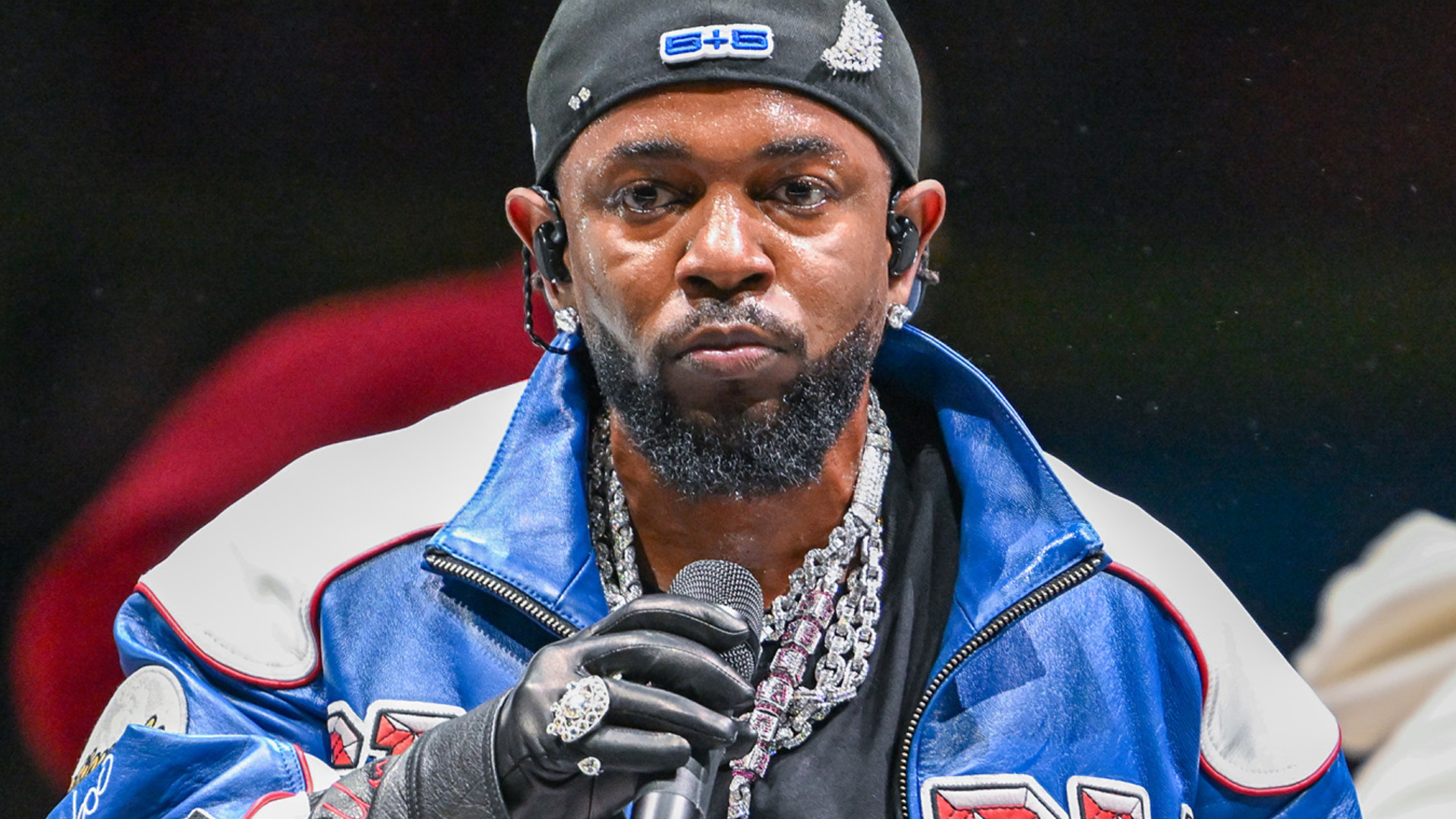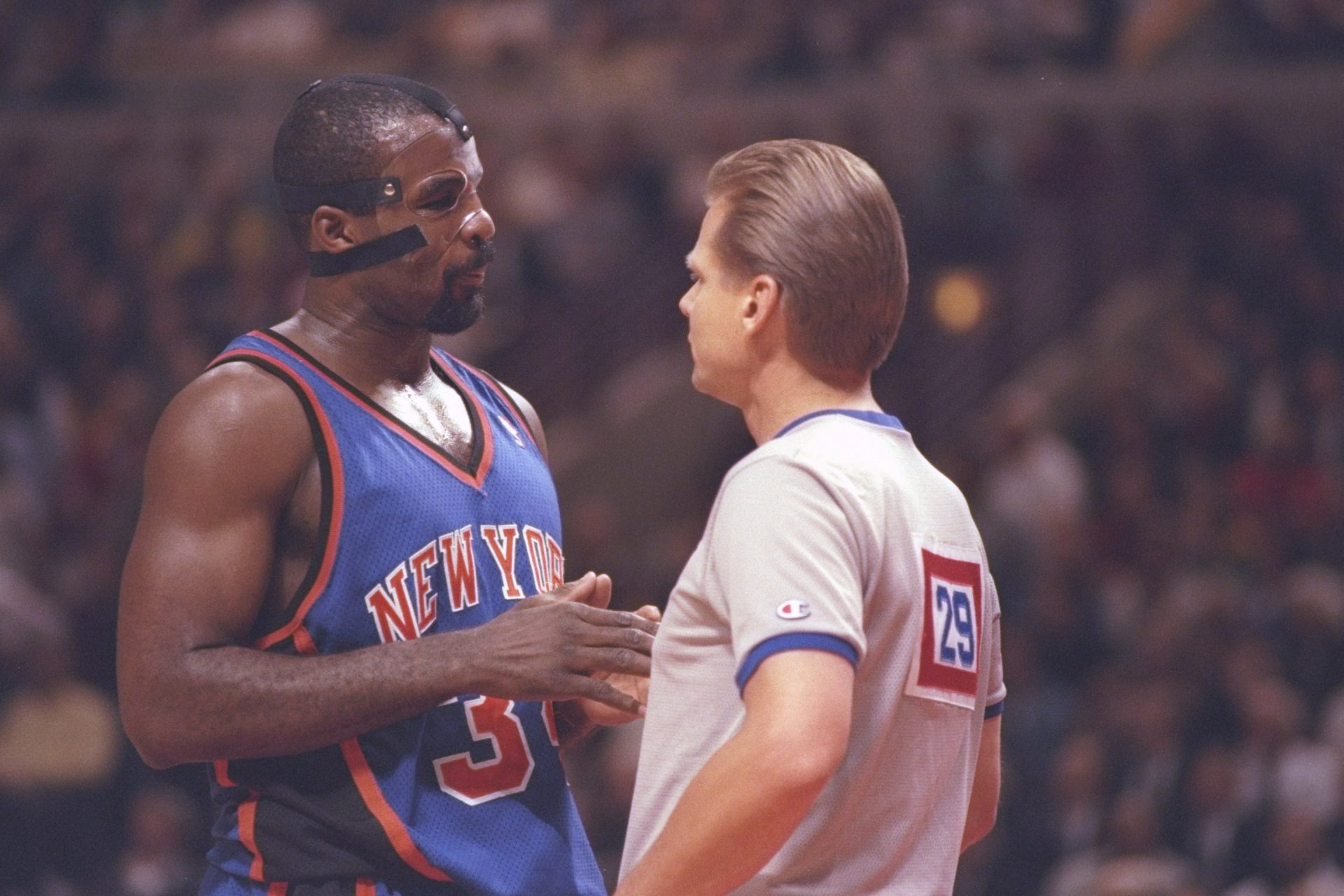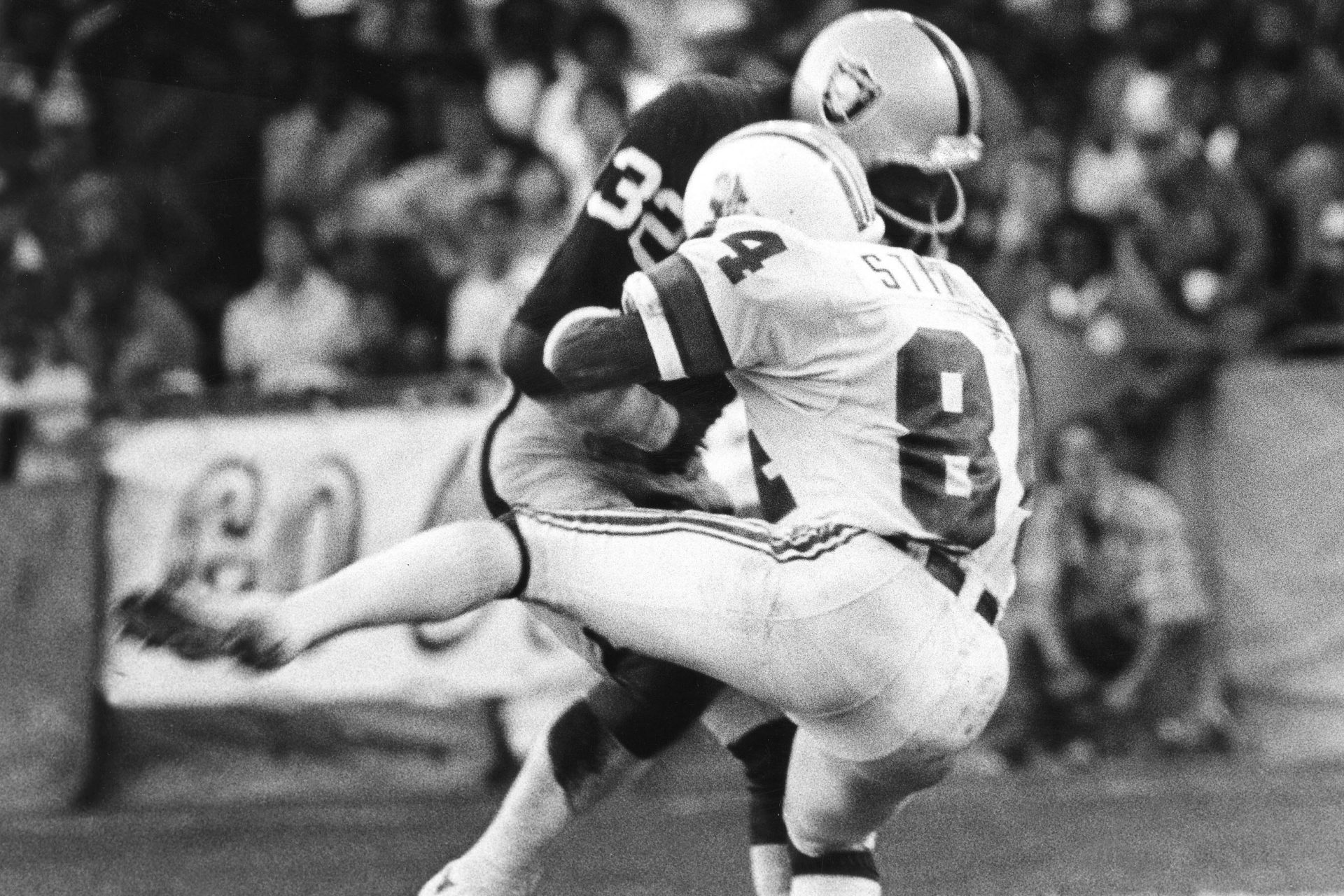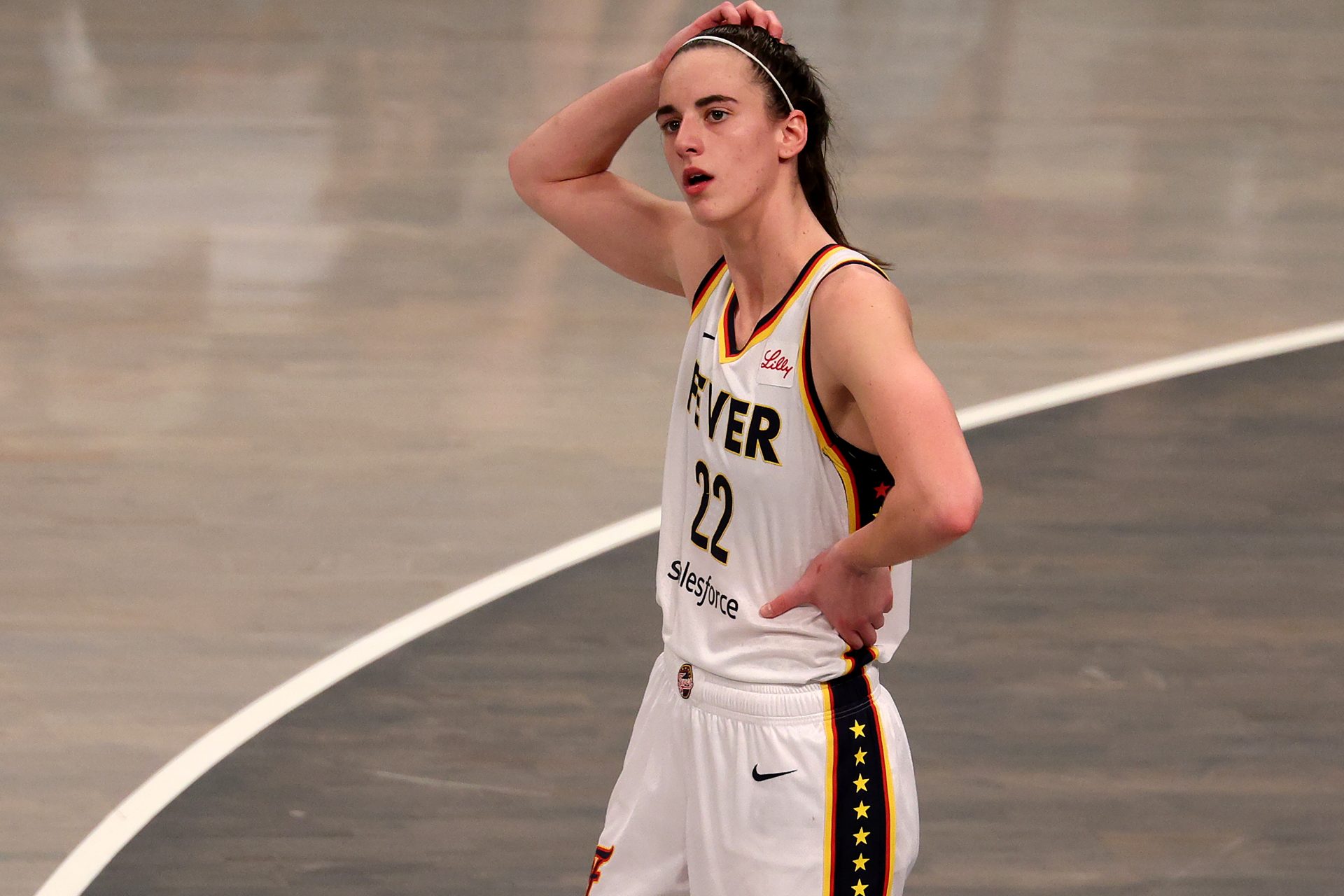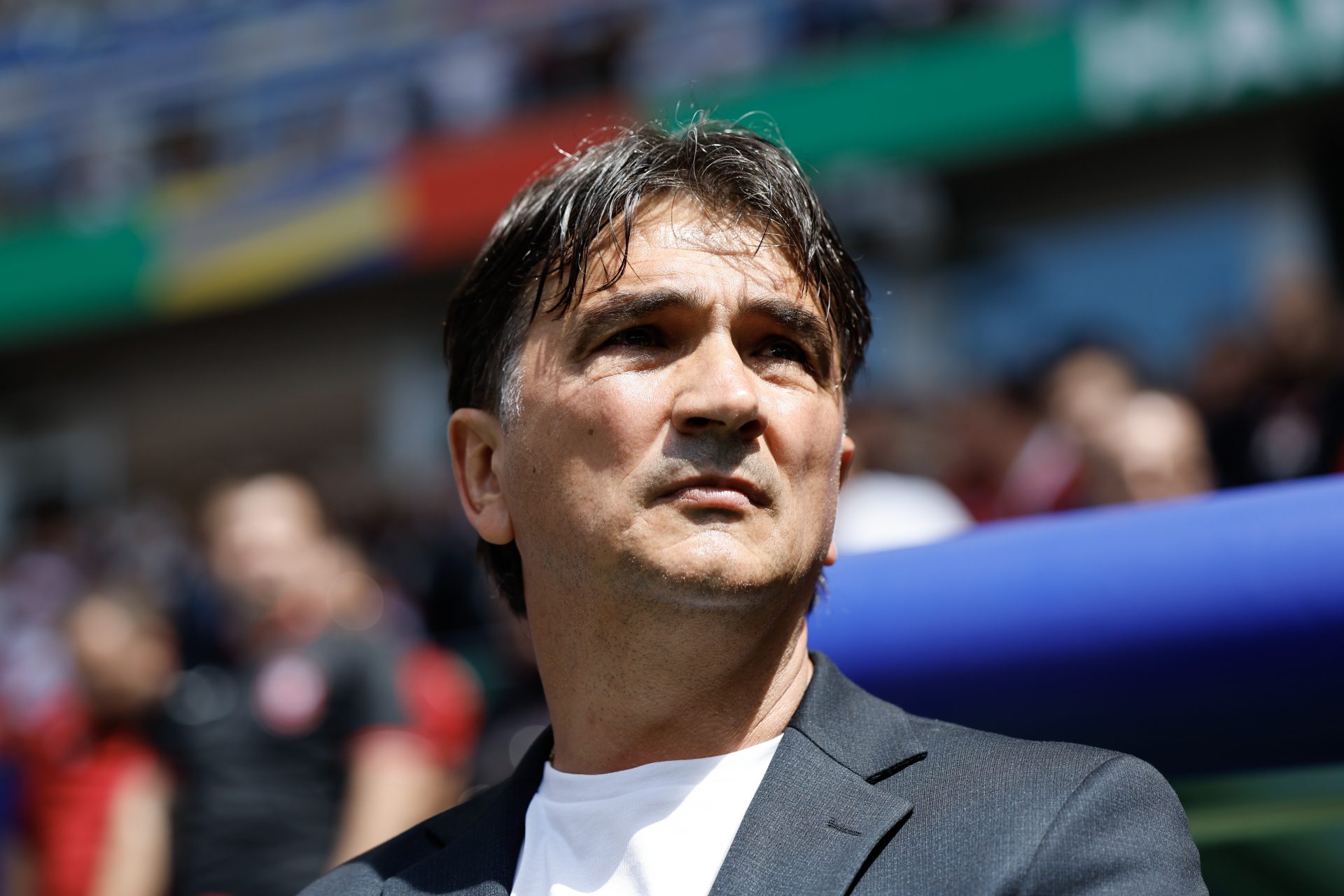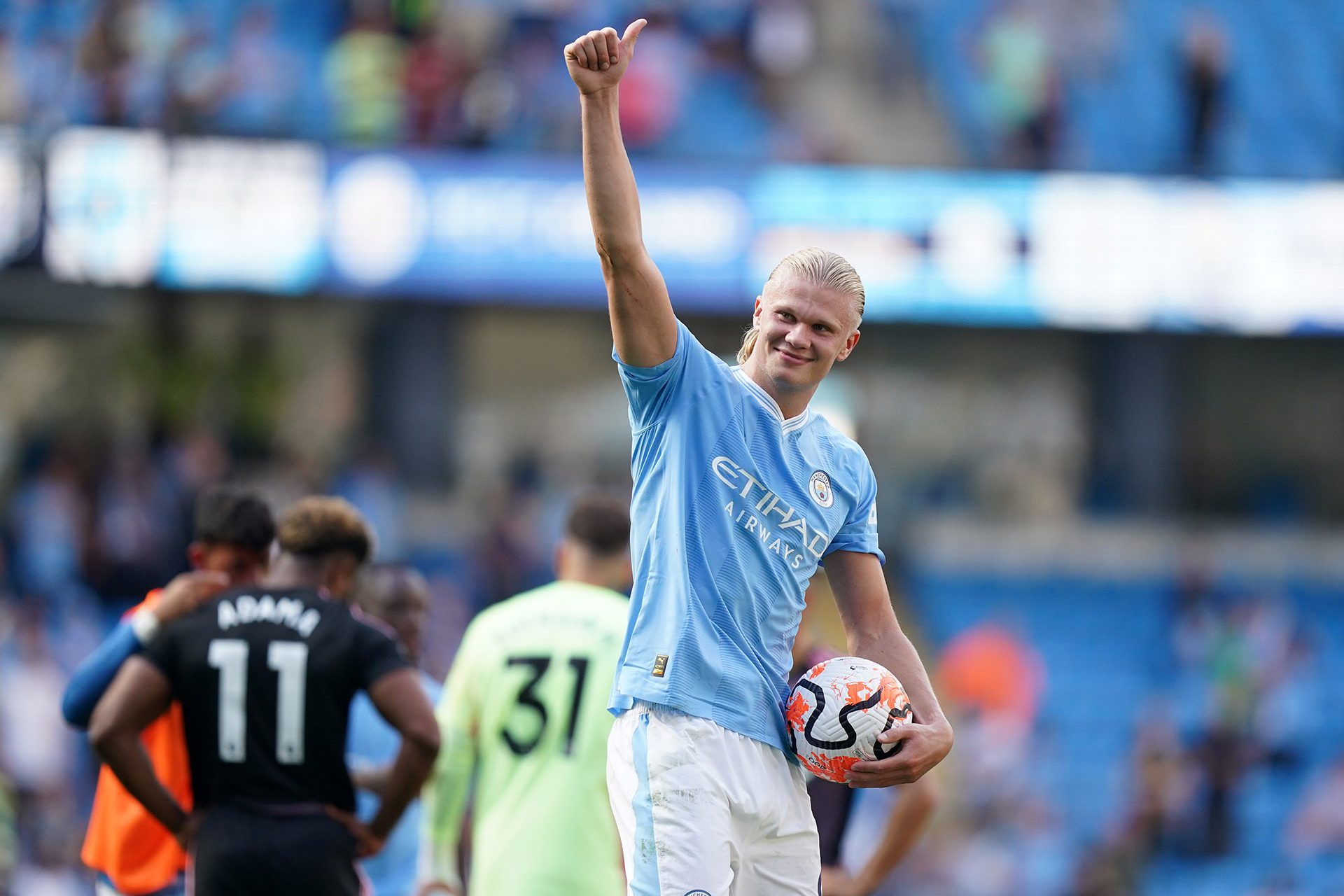The religious symbol that steered Novak Djokovic towards the Olympic gold medal
The 37-year-old tennis GOAT Novak Djokovic stunned the Parisian crowd by defeating Carlos Alcaraz in the men's Olympic singles final, securing his first gold medal at the Olympic Games.
The Serb overcame the Spaniard in a gruelling encounter, winning 7-6, 7-6, and has now won everything he can possibly win in his tennis career. After winning the match, Djokovic dropped to his knees and marked a cross on his chest to thank the almighty.
The Serb has a strong relationship with Christianity, and the image of Djokovic wearing a cross around his neck has become one of the most talked-about moments of these Olympic Games. But what is the meaning behind this religious symbol? What does it represent to the Serbian tennis player? And how has it helped him win a gold medal?
Want to see more like this? Follow us here for daily sports news, profiles and analysis!
It all began during the opening ceremony of the Paris 2024 Olympic Games when Djokovic was spotted wearing his religious cross. This sparked controversy among some conservative and religious individuals, who criticized the Serbian tennis player for his choice.
After securing victories against Matthew Ebden and Rafa Nadal, Djokovic continued his post-game ritual, publicly displaying his religious symbol.
"Both God and the angels guard my back," Djokovic shared during a courtside interview, highlighting his strong religious faith.
The Serbian Orthodox Church has been critical of the Paris opening ceremony. Djokovic has strong religious convictions and has made this clear by wearing his cross.
The cross Djokovic wears around his neck is from Hilandar, a Serbian-Orthodox monastery located on Mount Athos, in Greece. The tennis player spent three days there in a spiritual retreat with his father and brothers, a detail shared by his mother, Dijana Djokovic, with the Serbian newspaper Blic.
"He believes in God and believes that he is his chosen one. He wears a Hilandar cross and that gives him peace of mind. He prays in the morning, in the afternoon or whenever he needs it," she explained during the interview.
The Serbian tennis player has dedicated a significant portion of his private life to financially supporting the restoration of key sites for the Orthodox Church. His contributions include restoring a monastery in Gracanica, Kosovo, funding the construction of a chapel in his grandfather's village in Montenegro, and saving another church in Nice, as reported by Le Figaro.
The Dormition Chapel, in Nice, is the only chapel in the region affiliated with the Patriarchate of Serbia. Djokovic shared an image on Instagram of his son placing flowers before an icon of the Virgin Mary.
In 2011, Djokovic received the Order of Saint Sava, First Class, from Irenaeus I of Serbia, the highest honor within the Serbian Orthodox Church. This distinction was awarded for his significant contributions to Orthodox monasteries in Kosovo and Metohija.
Want to see more like this? Follow us here for daily sports news, profiles and analysis!
The Djokovic family has always publicly displayed their deep religious fervor, a trait Djokovic has demonstrated once again in Paris. This devotion was also evident during the controversial 2022 Australian Open, where he was expelled due to his anti-vaccine stance—a position shared by some in the Orthodox religious community—during the Covid-19 pandemic.
During that time, his father, Srdjan Djokovic, made some controversial statements in the Serbian newspaper Telegraf: "My son is the Spartacus of the new world who will not tolerate injustice, colonialism, and hypocrisy. He is in prison, but he has never been more free. He has become the symbol and leader of the free world, the champion of nations, and of the poor and needy. They also unjustly crucified Jesus Christ."
The family spokesperson also defined the tennis player at that time as "a strong and emotional personality" who "fights not only for himself but for everyone in this world who defends his ethical and moral convictions," with regard to his 'no vax' scandal.
Upon receiving the Order of Saint Sava medal, Djokovic expressed his convictions clearly: "This is the most important title of my life because, before being an athlete, I am an Orthodox Christian."
Djokovic is one of the greatest tennis players of the 21st century, constantly in the spotlight. His religious convictions reflect his strong personal identity, both on and off the court.
Want to see more like this? Follow us here for daily sports news, profiles and analysis!
More for you
Top Stories



